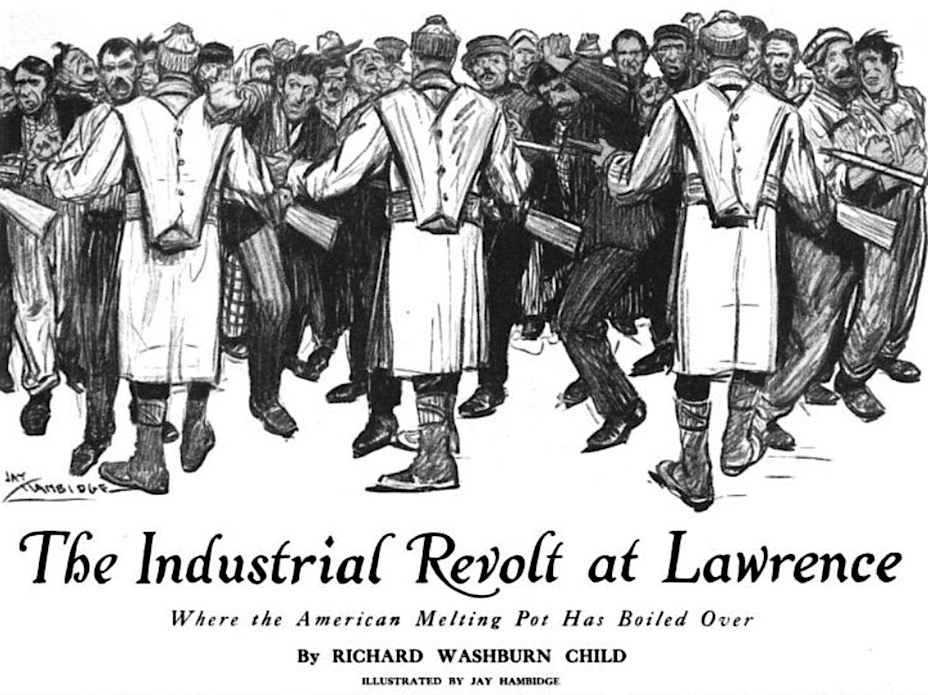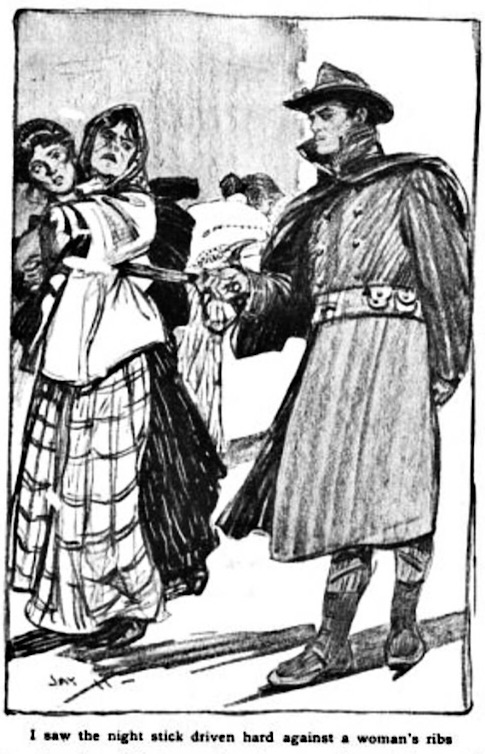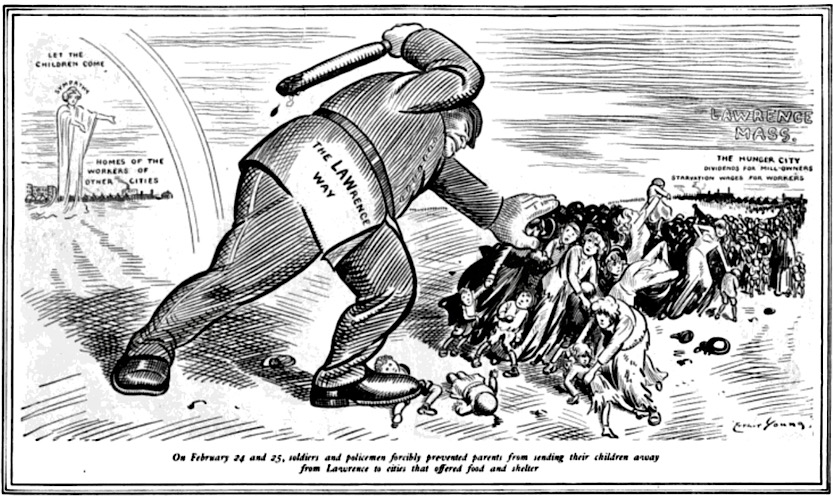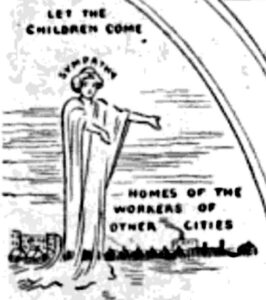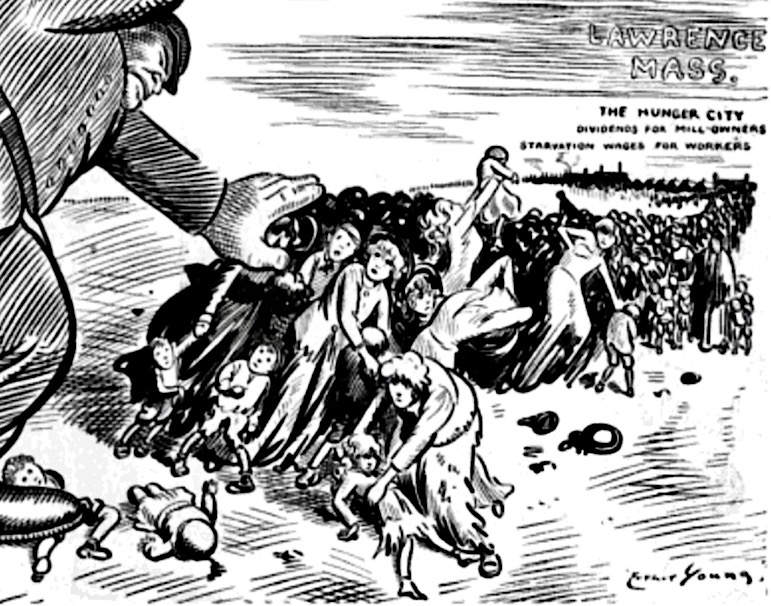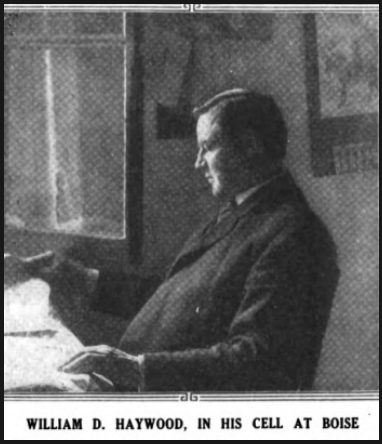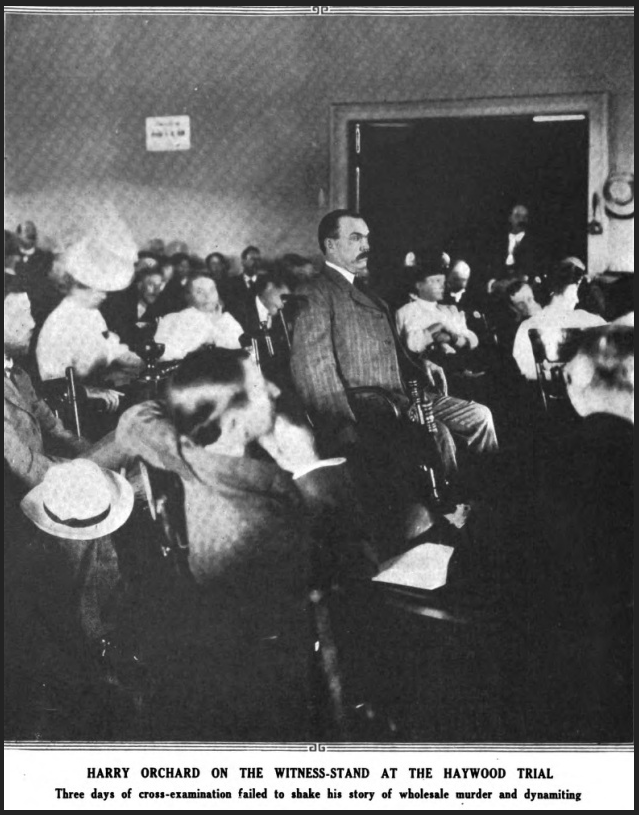Copper District Union
Western Federation of Miners
Box 217, Hancock Mich., July 14, 1913
To the Calumet & Hecla, Tamarack, Ahmeek, Allouez, Centennial, Superior, Laurium, Isle Royale, and all other mining companies connected with and under the management of Calumet & Hecla; James MacNaughton, manager.
GENTLEMEN: Your employees, organized into various unions of the Western Federation of Miners, have decided by referendum vote to ask that you meet their representatives in conference on some day during this month for the purpose of discussing the possibilities of shortening the working day, raising wages, and making some changes in the working conditions.
The men working in your mines are dissatisfied with the wages, hours, and other conditions of employment. Realizing that as individuals they would not have sufficient strength to correct these evils or to lessen the burden placed upon them, they have organized into the local unions of the Western Federation of Miners, and through the local unions they have formed one compact body of the whole copper district, with an understanding and hope that from now on they may be enabled to sell their labor collectively with greater advantages for themselves as well as their employers.
While the men have decided that they must have greater remuneration for their services and that the working day must be shortened, it is not their or our desire that we should have a strike, with all the sufferings that it is bound to bring to them, to the employers, and to the general public. On the other hand, we earnestly hope that the questions that have arisen between us would be settled amicably, with fairness and justice to both sides. Should you have the same feeling, we believe that the friendly relations that have existed between you and your employees in the past will continue in the future.
However, should you follow the example given by some of the most stupid and unfair mine owners in the past, the men have instructed us by the same referendum vote to call as strike in all the mines owned and controlled by your company.
We deem it unnecessary to set forth the facts and reasons for the demand for higher wages, shorter hours, and other things, in this letter, as we intend to do that in the conference – should you be fair enough to meet us.
We hope you realize that labor has just as much right to organize as capital, and that at this age these two forces, labor and capital, while their interests are not identical, must get together and solve the problems that confront them.
We expect to have your answer not later than on the 21st of this month. If you agree to meet us our representatives will be ready for a conference on any day and at any place you may choose; provided you do not set the date any later than the 28th of this month. Your failure to answer this will be taken as proof that you are not willing to meet us and to have the matters settled peacefully.
Hoping to hear from you soon, we remain,
Respectfully, yours.
Dan Sullivan,
President Copper District Union
of the Western Federation of Miners
C.E. Hietala,
Secretary Copper District Union
of the Western Federation of Miners
[Emphasis added.]
 —————
—————
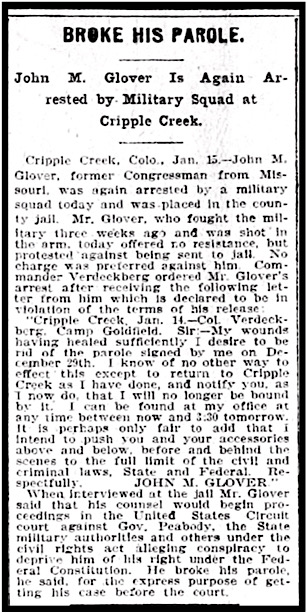
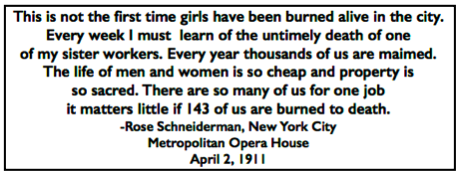 —————
—————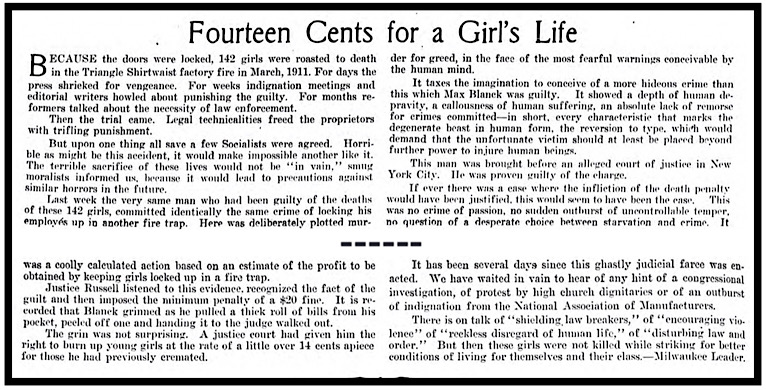
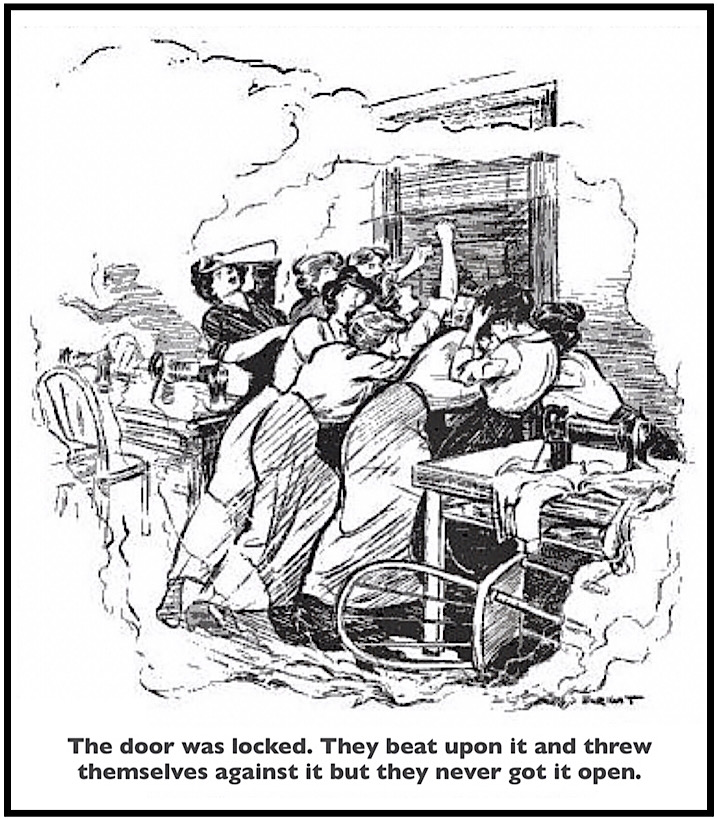
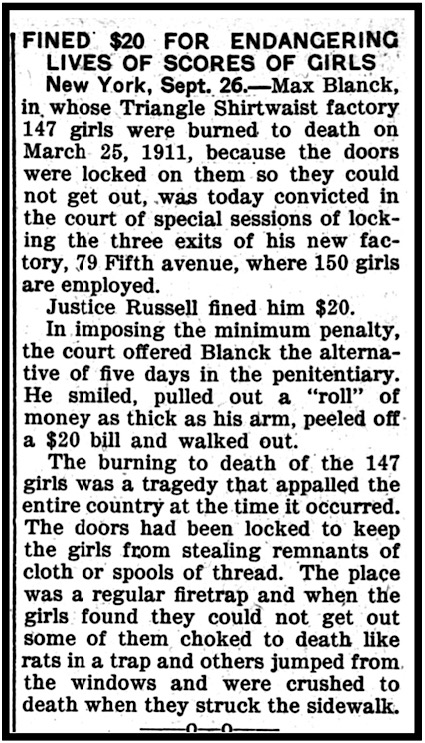
 —————
—————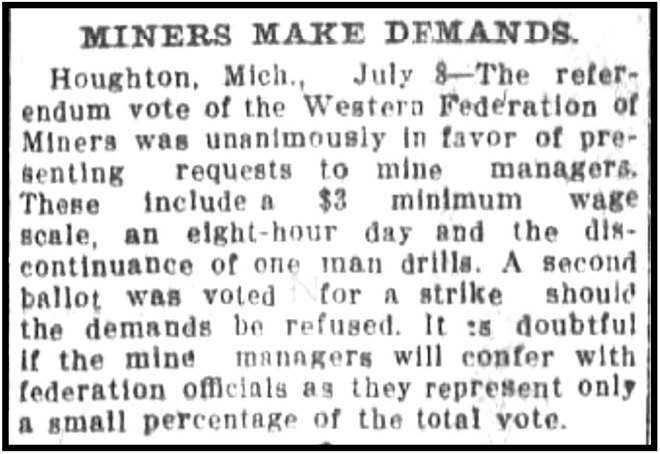
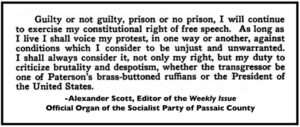 —————-
—————-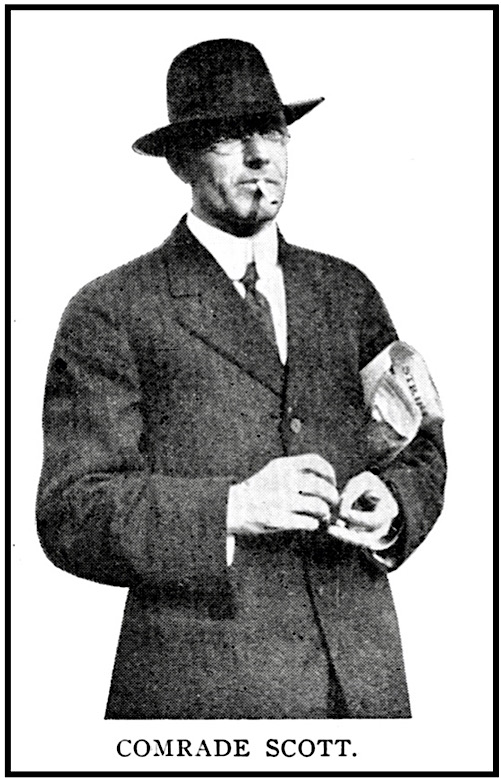
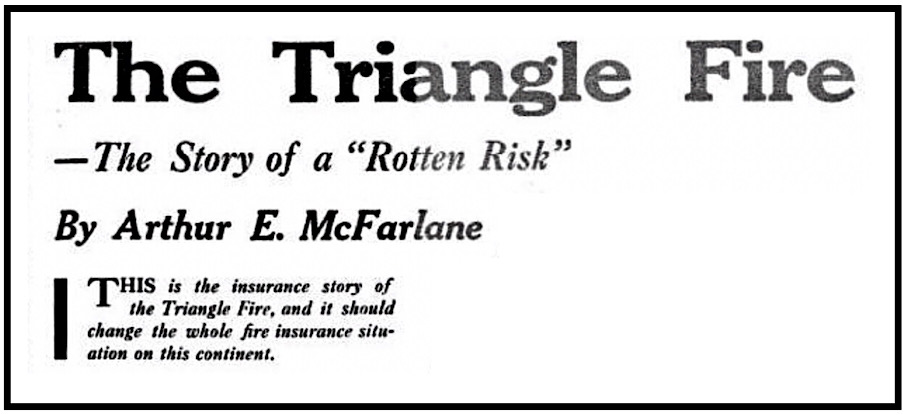
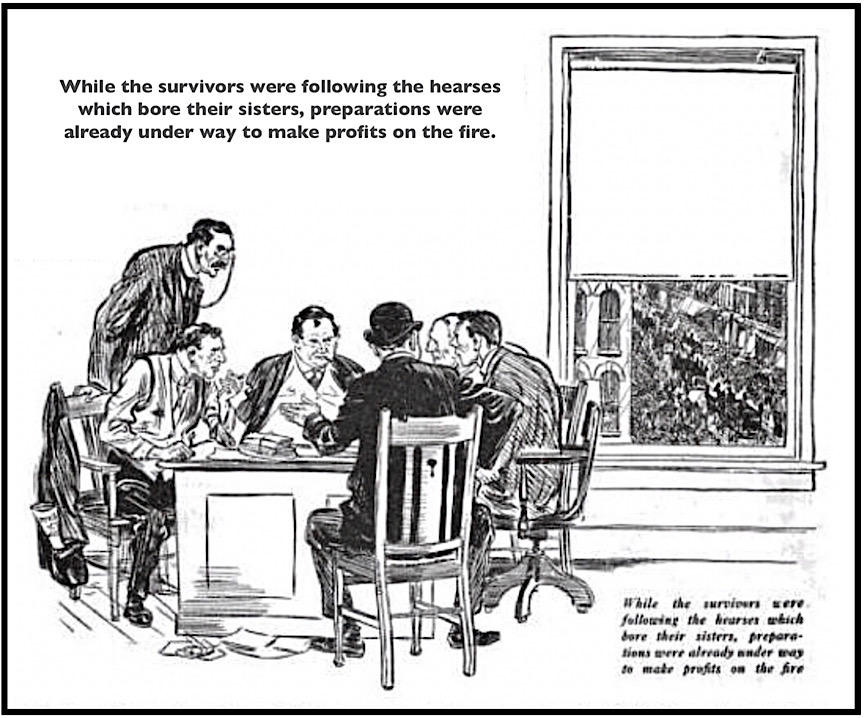
 —————
—————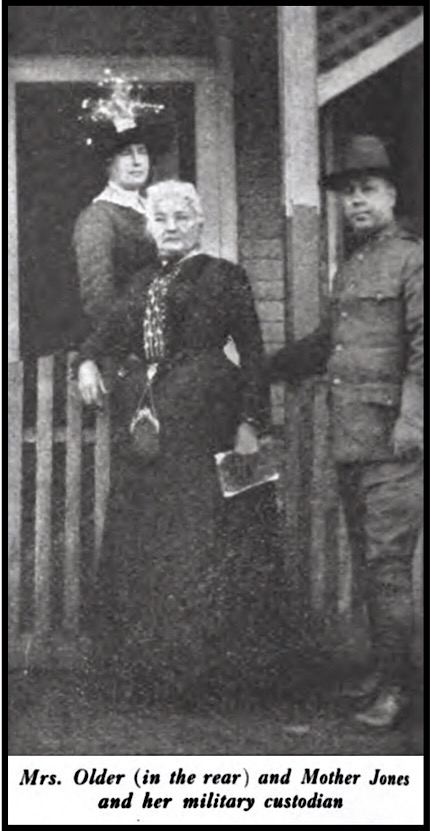
 —————
—————